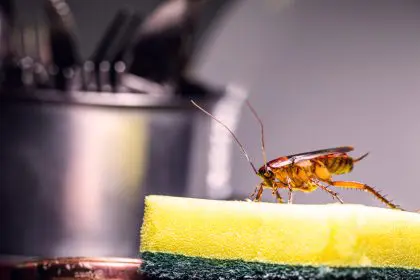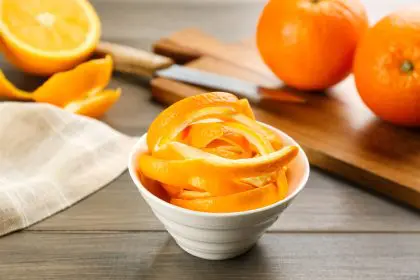
Although obtaining a personalized assessment of your nutritional deficiencies and needs is ideal, there are common health issues and symptoms that can be relieved by making simple changes in your diet.
Common colds, viruses and the flu
● We are all exposed to viruses at one point or another (assuming you leave your house regularly). The strength of your immune system largely determines whether or not you will contract the infection.
● Symptoms may include: cough, runny nose, sore throat, chills, fever, aches and pains, headache, weakness and/or fatigue, and general discomfort.
Nutritional therapy tips
● According to a fact sheet published by the National Institutes of Health, Office of Dietary Supplements, vitamin C “might be helpful in people exposed to extreme physical exercise or cold environments” and “might shorten the duration of the common cold and ameliorate symptom severity in the general population.” I can personally attest to the benefits of taking a vitamin C supplement. Prior to taking Vitamin C regularly, I would get sick 4 to 6 times per year. Since improving my nutrition, and subsequently my immune system, I have been able to avoid becoming a victim of the seasonal cold epidemic.
Nutritional therapy guidelines are as follows:
○ Avoid mucus-forming foods including: meat or soy in excess, eggs, and all dairy products.
○ Support your body’s natural defenses with a diet rich in high-energy, pure foods; it should consist primarily of fresh fruit, veggies, and their juices (fresh, with no added sugar).
○ Having a cup of cat’s claw tea three times a day will boost your immune system.
○ Although nutrients should ideally come from food, if you are unable to consume enough fresh produce to meet the requirements needed to achieve positive results, try taking an over-the-counter vitamin C supplement to increase your intake of this important water-soluble vitamin.
According to the National Institute of Allergy and Infectious Diseases, most colds occur during the fall and winter seasons. While there is no evidence that exposure to cold weather or other temperature extremes have any effect on the lifecycle or intensity of a cold, the seasonal variation does play a factor. Whether it’s due to people being in closer proximity to one another indoors, because viruses thrive in low humidity (the colder months), or because cold weather dries the nasal passage lining (increasing susceptibility to viral infection), it’s important to protect yourself from this common occurrence as much as possible.
Aside from hand-washing, paying attention to your nutrition and regularly ingesting a healthy dose of Vitamin C may keep you from getting sick this holiday season.
Note: Guidelines and suggestions given are intended to assist in achieving optimal health, and are not meant to substitute medical advice from a physician.
Wishing you health and happiness,
HLJ
Holly Lowe Jones is a media professional, certified fitness expert, certified nutritional therapist, and personal trainer (ISSA). A member of the National Association for Health and Fitness, Jones is also a seasoned triathlete who competes in her spare time.
For more information, please visit her website www.hollylowejones.com.
Facebook: www.facebook.com/hollylowejones
Instagram and Twitter: HollyLoweJones














